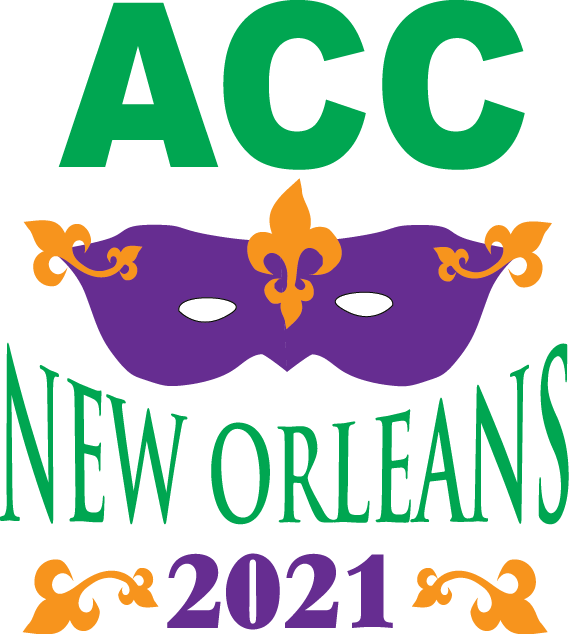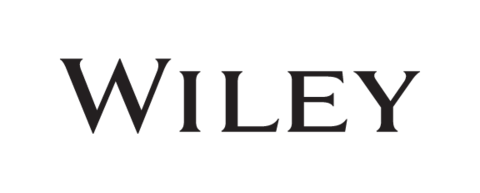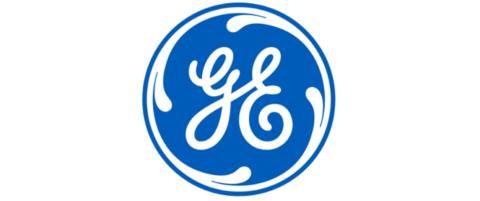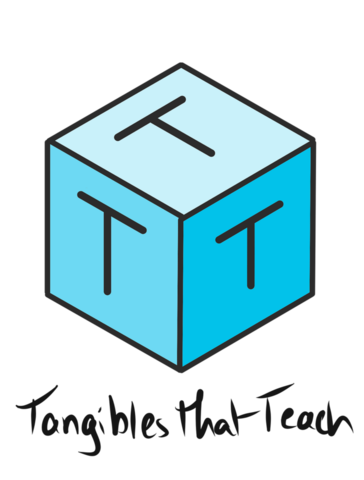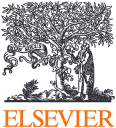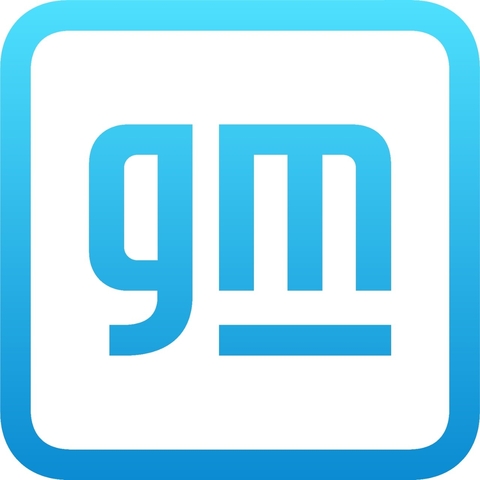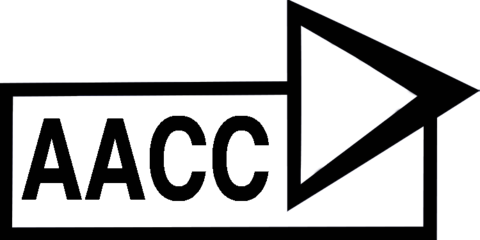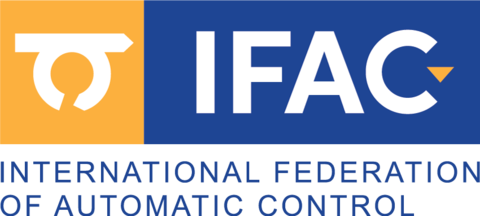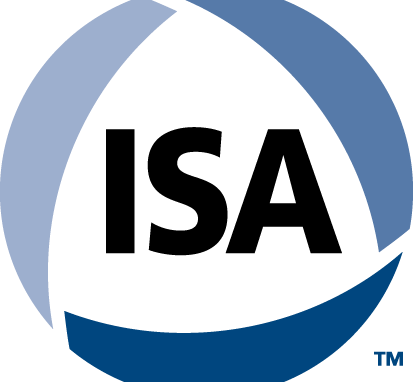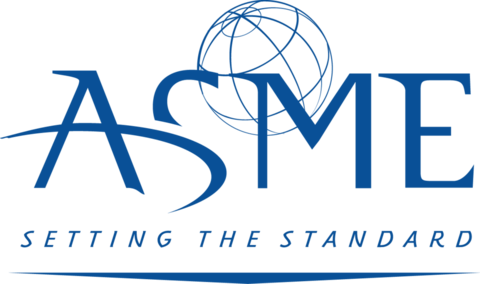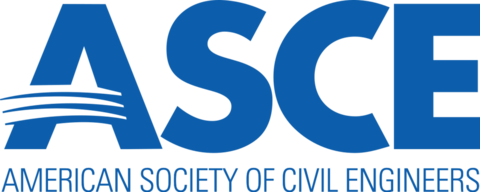May 25, 2021
May 27, 2021
May 28, 2021
The main purpose of the Industry and Applications Tutorial Sessions at the American Control Conference is outreach to industry to share state-of‐the‐art control approaches and theory in real‐world engineering applications and practice to our controls community at large. You can expect your audience to be conference participants from academia, government and industry as well as students of control.
Contributions mostly include industry and government participants to provide maximum exposure to commercial and governmental application of control theory and techniques, but tutorial sessions organized by academia is also encouraged if it offers and demonstrates useful techniques and methods towards practical applications of control.
Tutorial sessions attempt to engage industry experienced, practicing control engineers to introduce control applications in areas that others may not even be aware of; a valuable and useful experience for academia, students and other industry participants. Contributors have the opportunity to help ‘bridge the gap’ so often referred to between the theory academics offer and the actual practice in industry by introducing new methods and techniques or by filling in details that academic coursework may have overlooked.
Deadlines
Paperplaza is now open for proposal, paper and abstract submissions
Bookmark this link and consider this tip: Upload your Tutorial session proposal and paper as early as possible, even if it’s not done. You are allowed to reload your proposal, paper and abstracts up to the deadline.
Even if your work is not 100% complete you can go through the submission process ahead of time to make sure everything is working OK, and to ask questions if you have any problems. That way you’re not having to struggle at the last minute with administrative issues. Then at your leisure, polish your work, and upload as many times as needed - up to submission deadline.
A “Getting Started, Manual for Authors” including all the information required for preparing is located here: http://css.paperplaza.net/conferences/manuals/authorgetstarted.pdf
How to prepare your proposal?
The organizer can be from industry, government or academia. They do not necessarily need to be the person delivering the main tutorial talk, but they are responsible for planning session structure, identifying, recruiting and managing other supporting speakers, and submitting the session proposal. For tutorial sessions we encourage the collaboration of industry or government with academia to help bridge the theory-practice gap.
The Tutorial Session Proposal need only be one to two pages in length. It must include the Tutorial Session Title and clearly detail the purpose and brief description of the tutorial content. The proposal must include the name of the organizer(s), the name of the main tutorial speaker, the supporting speakers, their professional affiliations, the titles of their talks and abstracts. The proposal should state whether the supporting speakers are submitting a paper or simply an abstract. For supporting speakers at least an abstract is required to represent their talk.
While the organizer is allowed to vary structure, tutorial sessions typically begin with the main tutorial talk which comprehensively covers the topic. The main talk is usually longer, typically 40 to 60 minutes. The main tutorial is followed by several shorter supporting talks, 20 minutes in length addressing more specific, detailed areas of the topic. The session total duration is 2 hours. So planning for the number of speakers to recruit needs to keep this in mind. Some sessions have used the final time slots for panels that further discuss the topic between speakers and/or take questions from the audience. In any event, planning should include some time for questions.
While we encourage all presenters of the tutorial session to submit a paper for their talk, only the main tutorial paper is required. Supporting speakers must at least submit an abstract for their talk. The main tutorial paper, supporting papers or abstracts for the Tutorial Session must all be submitted at the same time the session proposal is submitted, before the Initial Manuscript Submission deadline. All papers submitted will undergo peer review by the program committee, so papers must be in ‘good shape’ on the date of initial submission.
All tutorial papers (main and supporting papers) are permitted to contain more pages than the regular conference paper page limit and are limited to 18 pages without additional page charges. The main tutorial paper in particular should be ‘substantial’ in size and content since it generally accounts for the main talk which is typically longer as noted above. 18 pages has been chosen as the limit for two reasons: (1) it’s generally difficult to recruit peer reviews if the papers are too long and (2) Paperplaza is currently programmed for this limit. If for any reason more than 18 pages is required please contact the VC of Industry and Applications by email to explain your needs. If supporting speakers intend to submit papers rather than abstracts they must submit their papers for review by the initial submission deadline. If supporting speakers submit only abstracts on the initial submission, papers on the final submission are not allowed. All papers submitted in the Tutorial Session should be presented in standard ACC format (see “Getting Started, Manual for Authors” link below), and if accepted will be published in the conference proceedings.
Lastly, the American Control Conference is organized by the American Automatic Control Council (AACC), the U.S. National Member of the International Federation of Automatic Control (IFAC). These organizations and the conference are non-profit and entirely operated by volunteers. Therefore to provide for both an affordable and high quality event for all participants, we are by policy not able to provide conference tutorial session speakers any honorariums or reimbursement for travel or hotel expenses. We also require that all speakers of the tutorial session register for the conference which requires a payment at the time of paper submissions. We realize this may be an issue for some, and can only hope that organizers are able to persuade their companies to provide the time and financial support required for organizers and supporting speakers to participate. We also understand some companies may be reluctant to publish their technical know-how, clearly for competitive reasons. But my advice on these matters is for authors is to work from prior published materials including invention disclosures your company may have filed with patent offices. We do not expect the company to disclose any trade secrets. Authors will be required to sign an online release assigning the rights to publish all papers submitted for publication, so you should work with your management and legal authorities at the beginning to gain support and approvals. I believe there is significant value in organizing these sessions and authoring published works. Your published works help establish you as a leader in your field, it helps to promote the company brand above its competitors, and it introduces your application area, problems to academics that may help point the way to new solutions. I can only hope these terms and conditions do not dissuade your decision to participate.
